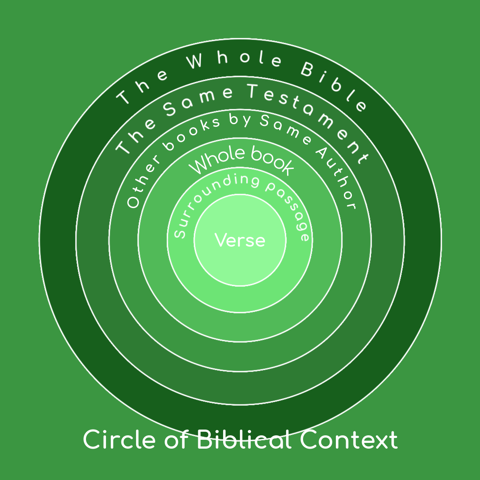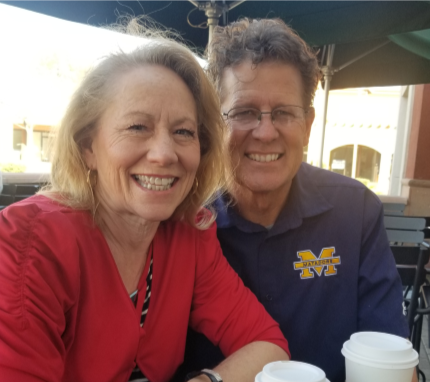In 10 Best Decisions A Man Can Make, I (Bill) seek to gives resources that…
Do What You Do

My son, Zachery, has a way of coming up with sayings that intrigue me. Not too long ago he said to me, “Whatever you do, you do what you do.” At first it sounded strange to me but it has continued to linger in my mind. The most obvious implication of this statement is that our choices matter. The not so obvious implication is that what you do paves the way for what others are supposed to do.
Consider the scenario in Acts 6. The church had been in quite the whirlwind. The Holy Spirit indwelt believers for the first time in Acts 2. 3000 people responded to the call of the gospel at the very first sermon. (Acts 2:41) Since that initial event, “the Lord added to their number daily those who were being saved.” (Acts 2:47) Since the church was born on Pentecost, people from all over the Jewish world had gathered in Jerusalem. With the advent of this incredible movement, the church kind of moved in together to figure it out. “Everyone was filled with awe at the many wonders and signs performed by the apostles. All the believers were together and had everything in common.” (Acts 2:43-44) This all sounds good but anytime you have a large group of people spend very much time together, issues arise. In this case, it is the feeding of widows.
I think we all agree this is an important matter. Women who have lost their husbands and have no way of providing for themselves need to be taken care of by a compassionate congregation. As with any gathering of people, resources are limited and the organizational process is strenuous. Tensions arose because it appeared that the process was unfair. There were “Hellenistic” widows and “Hebraic” widows in the group. The Hebraic widows were those who spoke Aramaic (the language of Jerusalem) and were committed to the traditions of Judaism. The Hellenistic widows primarily spoke Greek, probably were not fluent in Aramaic, and had adapted much more to the Greek culture. At first, the distribution of food to these widows was casual and spontaneous. There didn’t seem to be a need to organize because compassion was high and the early church was simply taking care of each other. Once the newness wore off, however, the distribution process became lopsided and the Hellenistic widows were being slighted.
As is the case so often, something other than the message of salvation became the hot topic of the gathering of believers. It began to dominate conversations and grew to be the main topic in their meetings. A legitimate need was about to become the distraction that would keep people from what they needed the most. The apostles recognized the potential this had to derail the mission of the church, “It would not be right for us to neglect the ministry of the word of God in order to wait on tables.” (v. 2) On the scene came seven men who tackled this process so the twelve could “give their attention to prayer and the ministry of the word.” (v. 4)
I don’t know what you do but I know it has the potential to help increase the influence of the gospel of Jesus Christ. You may think it is insignificant and no one may ever know your name. From the list in Acts 6, we all know about Stephen and Philip but we would be hard pressed to remember anything significant about Procorus, Nicanor, Timon, Parmenas, and Nicolas. I even noticed that my word processing program thinks four of the names are misspelled! They are the unknown heroes of the faith. Because of them, Peter, John and the rest of the disciples were able to hone their skills in studying, teaching, and leading the newborn body of Christ. The gospel was publicly proclaimed, people were healed, teaching sessions were organized because other people were willing to do the routine work of organizing food.
I don’t know if God has called you to be someone who publicly represents the truth about salvation or if he has called you to support the work in the background. I just know that what you do counts, even if no one on earth ever remembers who you are. Keeping doing what you do!




I like Zach’s saying. It’s simple but it gets you thinking…
I’ve met people that are great about talking about doing great and wonderful things, but seldom follow-up and make it happen. I think it’s important that we “do”, and not just talk about doing. We have to put what we feel God wants us to do into motion. This is often where we find the obstacles come before us. “Doing” can be inconvenient and time consuming. Distractions will arise out of no where. We need to be determined and persistent in doing what we feel God wants us to do. We need to be consistent in trying to get closer to the objectives God has for us each day.
Satan doesn’t want us “doing”, but I don’t think he minds us talking about “doing”.
Awesome thoughts Ken. It reminds of the quote,”Some people dream of great accomplishments. Others wake up and get them done.”